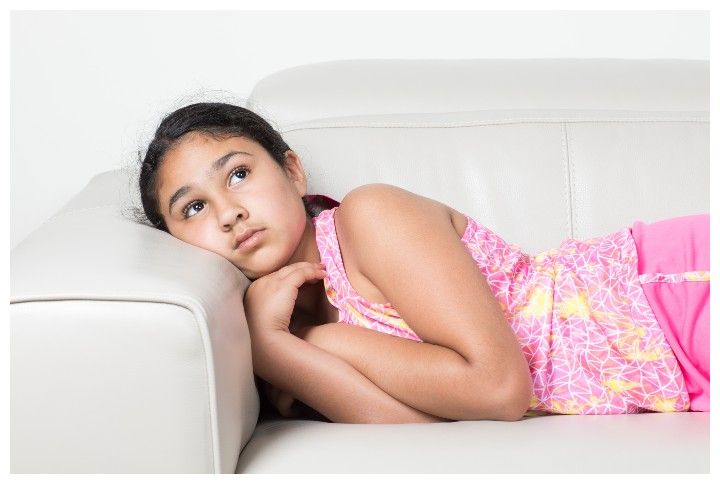
People often talk about how an unhealthy home environment has a damaging effect on a child. Be it separated or divorced families or parents who establish an adverse atmosphere in the house, toxic parenting habits leave an irreversible impact on children. Now, please bear with me as I say the following: while not all parents indulge in toxic habits, there is a majority of those who knowingly or unknowingly do so.
While it’s not a feasible task to change parents and their habits, we can make sure that the toxic habits stay with their generation and don’t seep into ours. So, here are 7 toxic parenting habits that should be avoided by parents in order to foster a healthier and cordial home environment.
1. Criticising Children In-Person & Praising Them Behind Their Backs

Which parent isn’t guilty of this? I kid you not, I have met many people who have told me this exactly. The psychology behind criticising your children to their face while singing their praises to others is one that I will never fully understand. A lot of kids believe that they are truly not enough or worth it due to excessive criticism. While there exists a fine line between constructive criticism and downright negative comments, parents must tread the line finely. It’s okay to explain to a child that their behaviour is not appropriate, however, verbally abusing them and making a mountain of a molehill is not acceptable. Similarly, acknowledging your children’s achievements in front of everyone but them is also a habit that parents must stop. Give credits where they are due, and see how your children will blossom under such parenting!
2. Creating Gender-Specific Roles At Home
A typical characteristic of several Indian parents (but thankfully, not all!) is creating gender-specific roles not only at home but also outside for their sons and daughters. I once overheard the following conversation at a restaurant in Mumbai. A young girl of about 20 years of age was being scolded by her mother for ordering a beer. “But bhaiya does it too. Why is he allowed? And he’s just a year older!” Do you want to guess what the reply was? “Well, he’s a boy. He can do what he pleases. Good girls don’t drink, remember this!” I wish I could have given this woman a piece of my mind. But alas, how many people can we go around correcting? It’s high time that we strive for gender equality at home, that’s where it all begins, amirite? Isn’t it a good idea to teach your son to make rotis instead, while your daughter learns how to fix a car tyre. It’s all about balance.
3. Comparing Children To Others
Sharmaji ka beta is one guy that we all just loathe, don’t we? How often have our parents compared our achievements to our siblings’, classmates’ or neighbours’? Countless times! And this habit has to end. Not only does comparison increase sibling rivalry, but it fosters feelings of insecurity and worthlessness in the child. When the child isn’t appreciated for his/her true talents, s/he is obviously going to keep them at bay and shy away from showcasing them. To prevent diminishing a child’s self-esteem and destroy their self-worth, parents need to understand that comparison is a theft of joy.
4. Pressuring Children To Gain/Lose Weight
Body shaming is not okay. Period. Despite the beauty standards established by society, a certain body type doesn’t mean you’ll succeed in life or find love or whatnot. So many people feel the pressure to lose weight, but *news flash*, you are beautiful just the way you are! Dusky skin or pale skin, your body doesn’t and shouldn’t define you in any way. A habit of parents to put children on diets due to their weight is not acceptable.
5. Physical Abuse
Have you heard of the phrase, ‘Strict parents create rebellious children‘? This holds true in every way possible. Studies show that children who have been spanked by parents have increased levels of defiance and aggression. Hitting your children negatively affects them. With a shocking 80% of children globally being spanked by parents, this number ought to be brought down. At the end of the day, children learn what they see, hence physical abuse isn’t something they need to take with them into their future relationships. Plus, studies also show that there isn’t any specific improvement in children’s behaviour after spanking. So, what’s the point?
I hope this article helped put certain toxic habits into the light. I truly hope that these habits die off with our generation so that our kids have a brighter and happier future ahead.
We had a similar discussion on Malini’s Girl Tribe on Facebook. Join the group to be part of such stimulating and engaging conversations.

